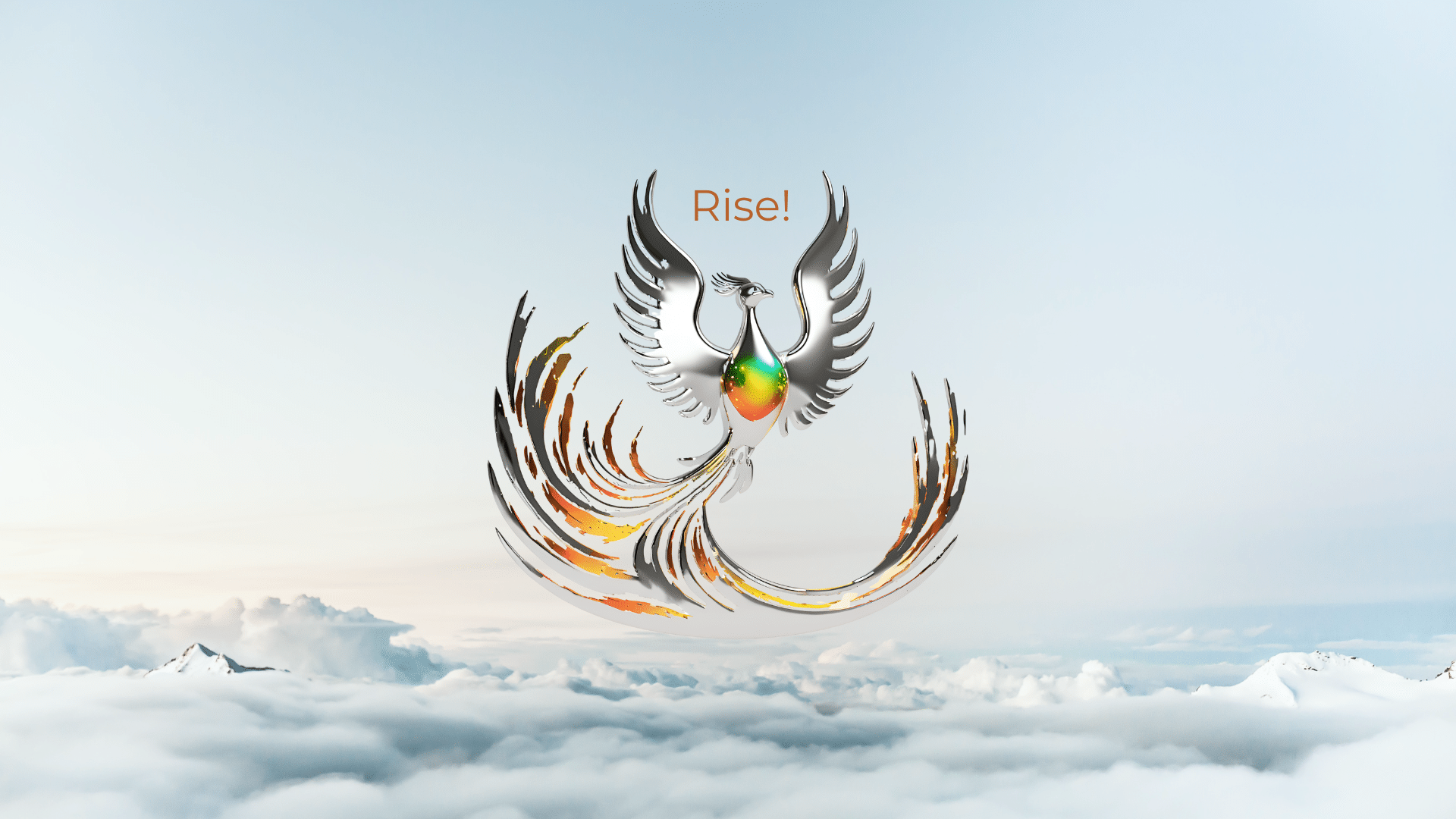Photo by Maxime Bhm
So you’re an Empath, huh? – Part 4
I get a lot of questions from people who say: I’ve just found out I’m an Empath. What do I do?
There are an abundance of resources and support groups for the Empath, but I thought we’d look at what would be helpful for any Empath to know when they discover they are one.
Personally, I had no clue how to write this, so as usual, when stuck for ideas, I asked my guides to assist.
Their responses are in italics
There are seven steps
Acceptance
Trusting in yourself.
Research
Self-awareness
Practicing your abilities
Grounding
Creating
In part one we discussed Acceptance and Trusting in yourself.
In part two we discussed Research and Self-awareness.
In part three we discussed practicing your abilities.
Now we’ll look at the final two: Grounding and creating.
Grounding.
When you are ungrounded, it’s very hard to get a handle on your abilities. The key to grounding is self-confidence. When you doubt yourself, you will rarely be secure or grounded. This can occur when you doubt your feelings, feel that you don’t belong somewhere or take someone else’s point of view over yours.
Self-doubt is the nemesis of the Empath. They cannot afford to allow it if they wish to live a happy life and use their abilities to help others and their own path.
Whatever you do, do it with conviction. Whatever you do, make sure it matches your feelings. If it feels wrong, don’t do it.
And whatever you do, don’t get stuck in a mindset that you feel you have the answers. Nothing is absolute as everything is always changing. Always be open to new ways and new perceptions. If you become stuck, you can not only stall your growth, but lead an increasingly miserable existence.
Always allow change, but always make sure that change is in line with who you are. All change it good, even though it may seem tragic or horrible at the time. Remember, we often can’t see the forest for the trees.
And the final and seventh step is: Creating.
And by that, I mean take back your creating power and letting it work for you, rather than letting others create your reality for you. We are all creators, in spite of what others may believe. We have the power and abilities to create a reality that is amazing and wonderful.
We are always creating with every thought and action. We do not realize it, though. Then when things turn out horribly, we do not understand that it was ourselves that created it.
We do this in so many unwitting ways. We believe we are not good enough. That we do not deserve to be happy. That we are not worthy of riches, fame and success. That we are not capable of doing the things others can do.
But truth is: We are. We have exactly what we need in order to achieve what we came here for. It may not seem that way, but free dictates that you must have it, otherwise it would not be free will.
So remember, every thought, action and state of being is creative. Watch everything you think and say. Even simple words such as: ‘I’m sick and tired of this’ will eventually create a reality where you really are sick and tired. And you will not see it as something you created. You’ll simply see it as validation for what you’ve been saying all along.
Choose to take back your creative power. Choose to take reasonability for your life and circumstances. You are not there by chance. Nothing is random (unless you believe that it is, in which case you are choosing a random existence.)
Choose to be an amazing Empath that can life a joyful and prosperous life with full control over their abilities.
As always, choose wisely.
Please share this with those who may find it useful.
Like this:
Like Loading...









